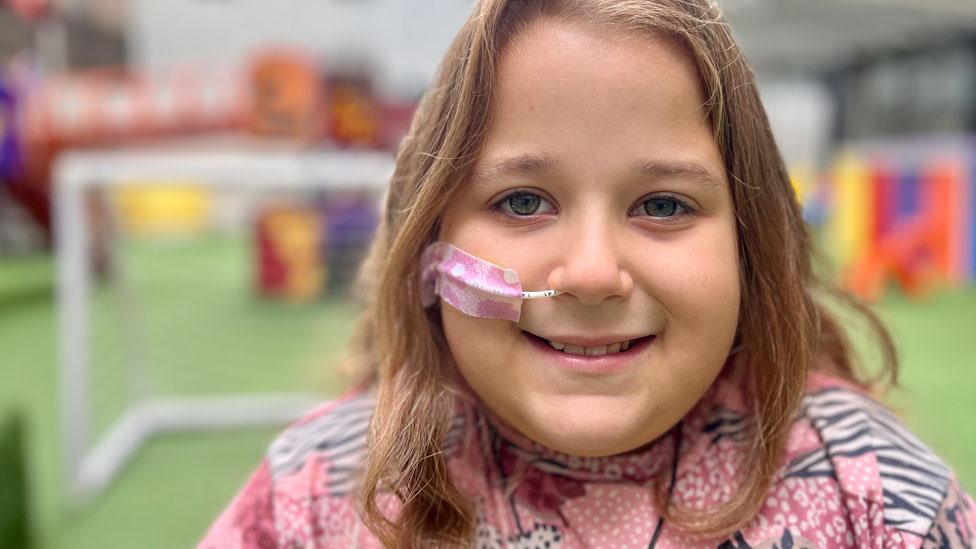Cambridge doctor urges parents to join baby cataract study
- Published
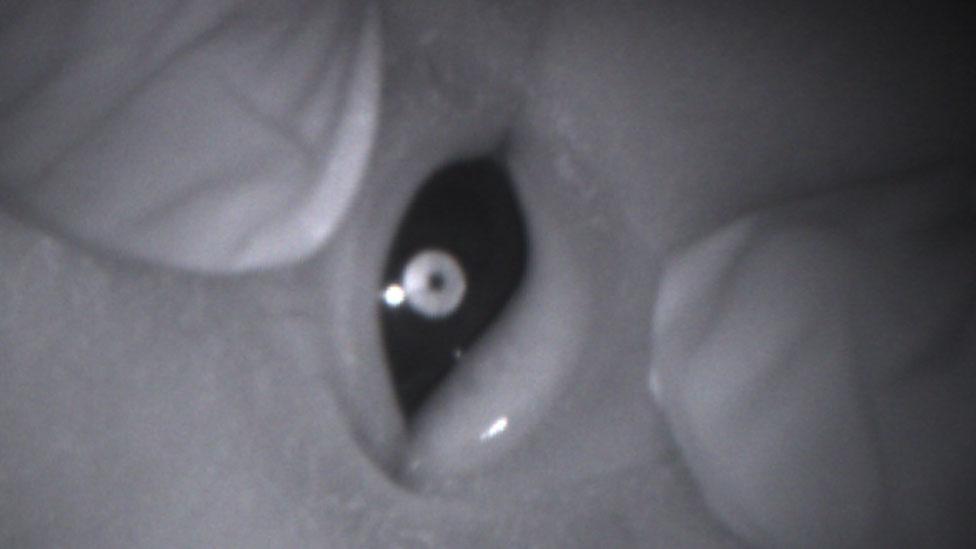
The black dot in the centre of this baby's eye is a cataract that has been picked up by a new device called a Neocam
Parents of newborns are being urged to join a study to help prevent congenital cataracts, the most common cause of preventable childhood blindness.
The current test using a bright torch is hard to evaluate, particularly on the eyes of black and Asian babies due to pigmentation, according to doctors.
Cambridge doctor Louise Allen has invented a device that takes photographs of babies' eyes instead.
More than 3,000 families have taken part in the study at seven hospitals.
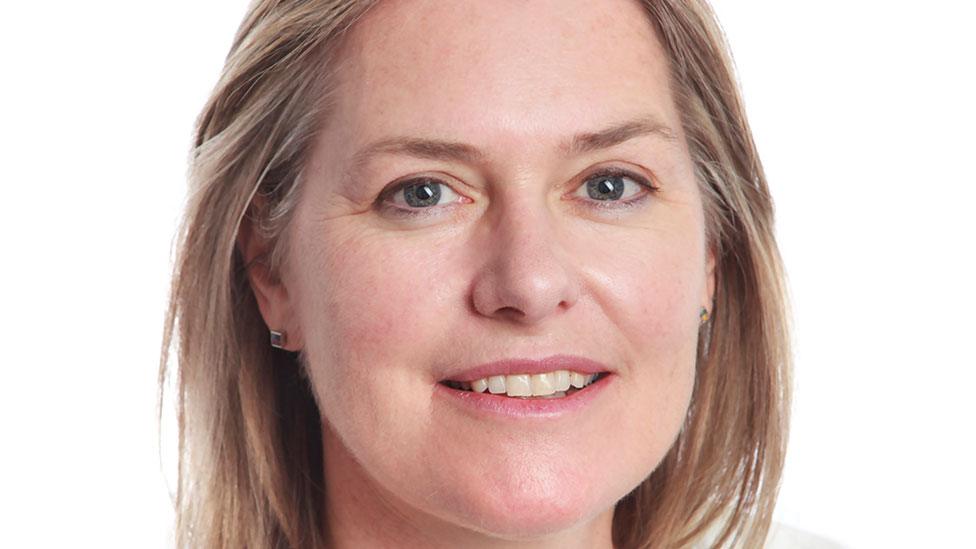
Its inventor Louise Allen hopes the results of a study into its effectiveness "may impact new-born eye screening programmes across the world"
Dr Allen, consultant paediatric ophthalmologist at Addenbrooke's Hospital, said: "Parents have been very positive about the imaging test - it only takes a few minutes and causes no discomfort.
"Many have commented that it is nice to be able to see the images, understand why it is so important to screen for cataracts in babies and feel happier that their baby may benefit from the additional screening test."
The study is currently live at The Rosie maternity unit in Cambridge, Southmead Hospital in Bristol, University Hospital Coventry & Warwickshire, St Mary's Hospital in Manchester, Radcliffe Hospital in Oxford, Queen Alexandra Hospital in Portsmouth and Queen's Hospital in Romford.
All babies in the UK are automatically tested for cataracts soon after birth using a bright torch called an ophthalmoscope but a third of cases can be missed.
If cataracts are present at birth, surgery is needed within the first few months to prevent blindness.
Dr Allen became frustrated at the number of cataracts being missed at screening or misdiagnosed, so invented the Neocam
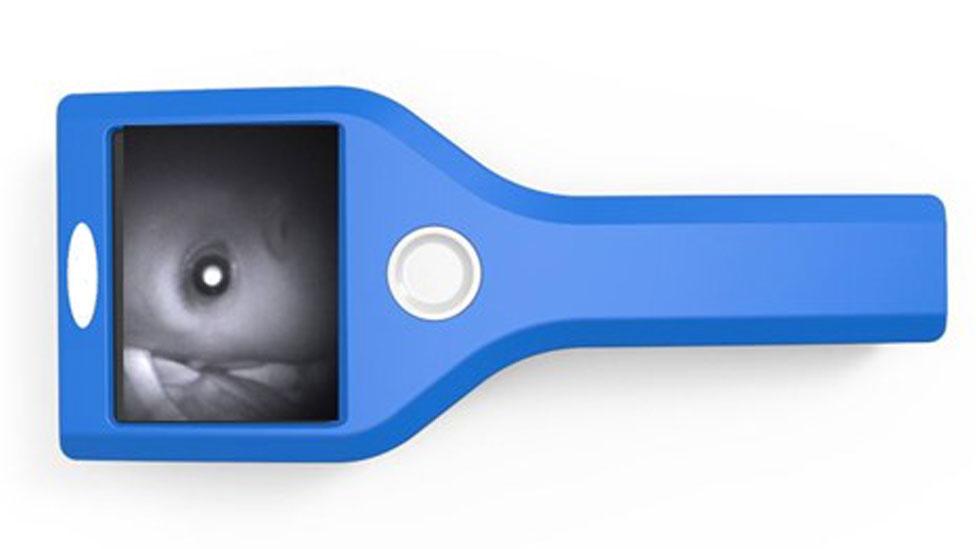
She is calling on new parents to back the national study, which uses the handheld device, as it is rolled out to other hospitals
This no-contact, handheld device, with an additional digital camera, is easy for maternity staff to use.
The digital images, taken using infrared light, can be shared with other experts, even if they are miles away.
Eventually 25 hospitals, including the Norfolk and Norwich University Hospital, will take part and the aim is to test 140,000 newborns by August 2025.
The Digital Imaging versus Ophthalmoscopy Study was funded by the Addenbrooke's Charitable Trust and the National Institute for Health and Care Research Efficacy and Mechanism Evaluation (EME) Programme.

Follow East of England news on Facebook, external, Instagram, external and X, external. Got a story? Email eastofenglandnews@bbc.co.uk, external or WhatsApp 0800 169 18
- Published19 February 2024
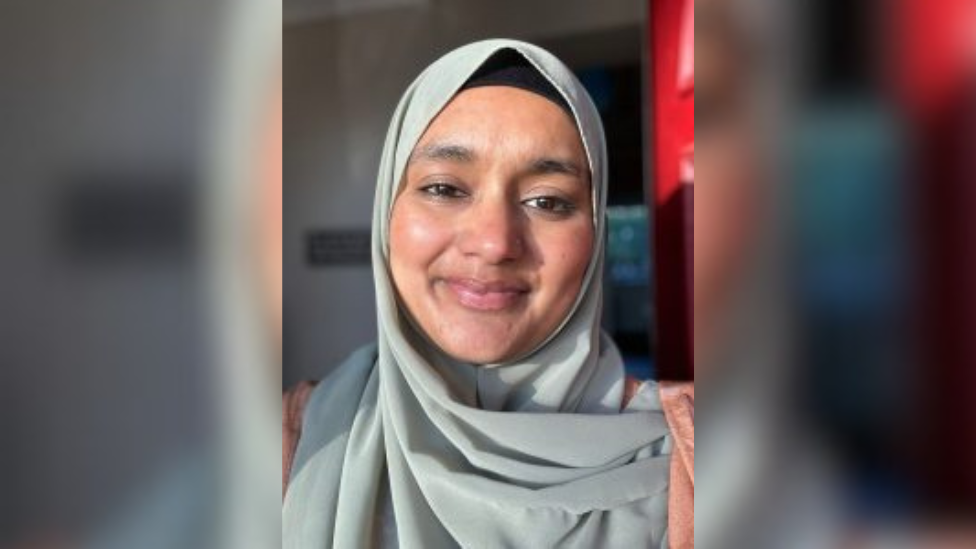
- Published17 February 2024
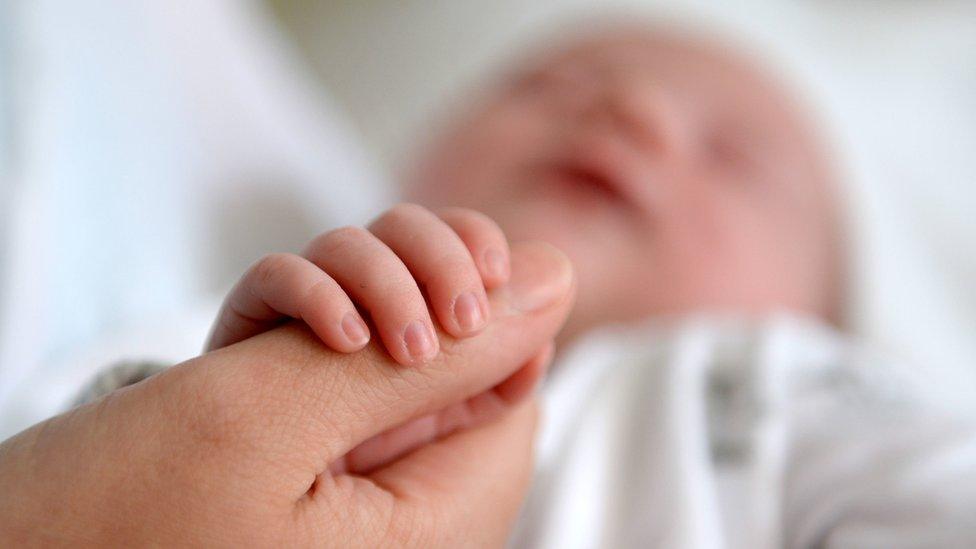
- Published23 December 2023
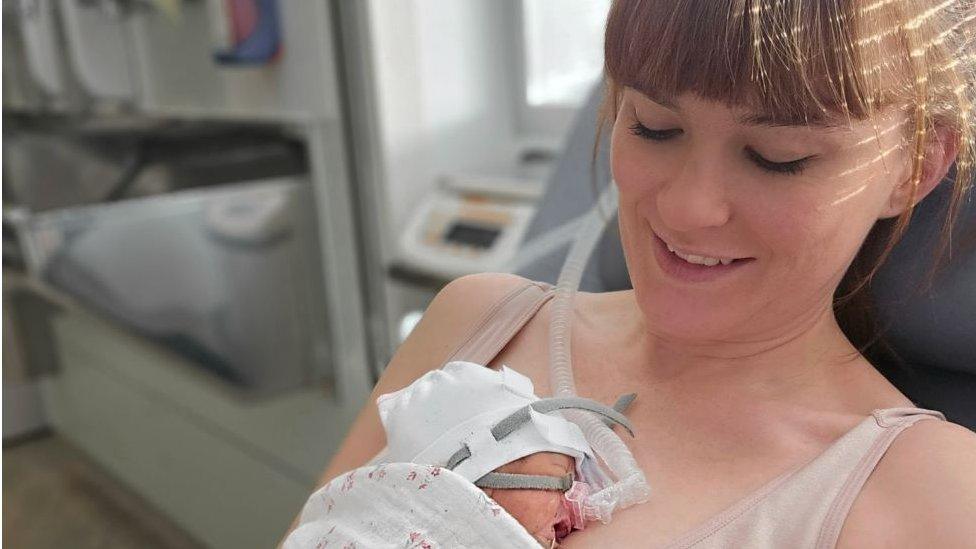
- Published26 September 2023
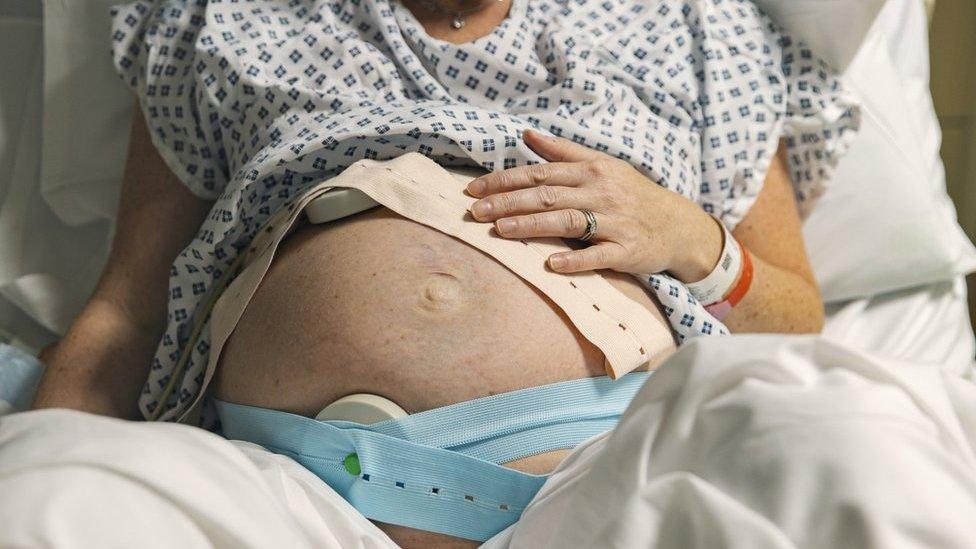
- Published22 September 2023
